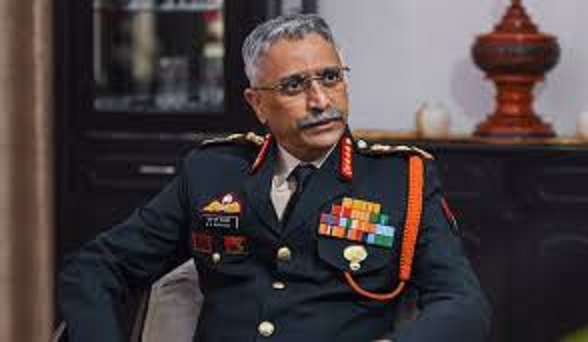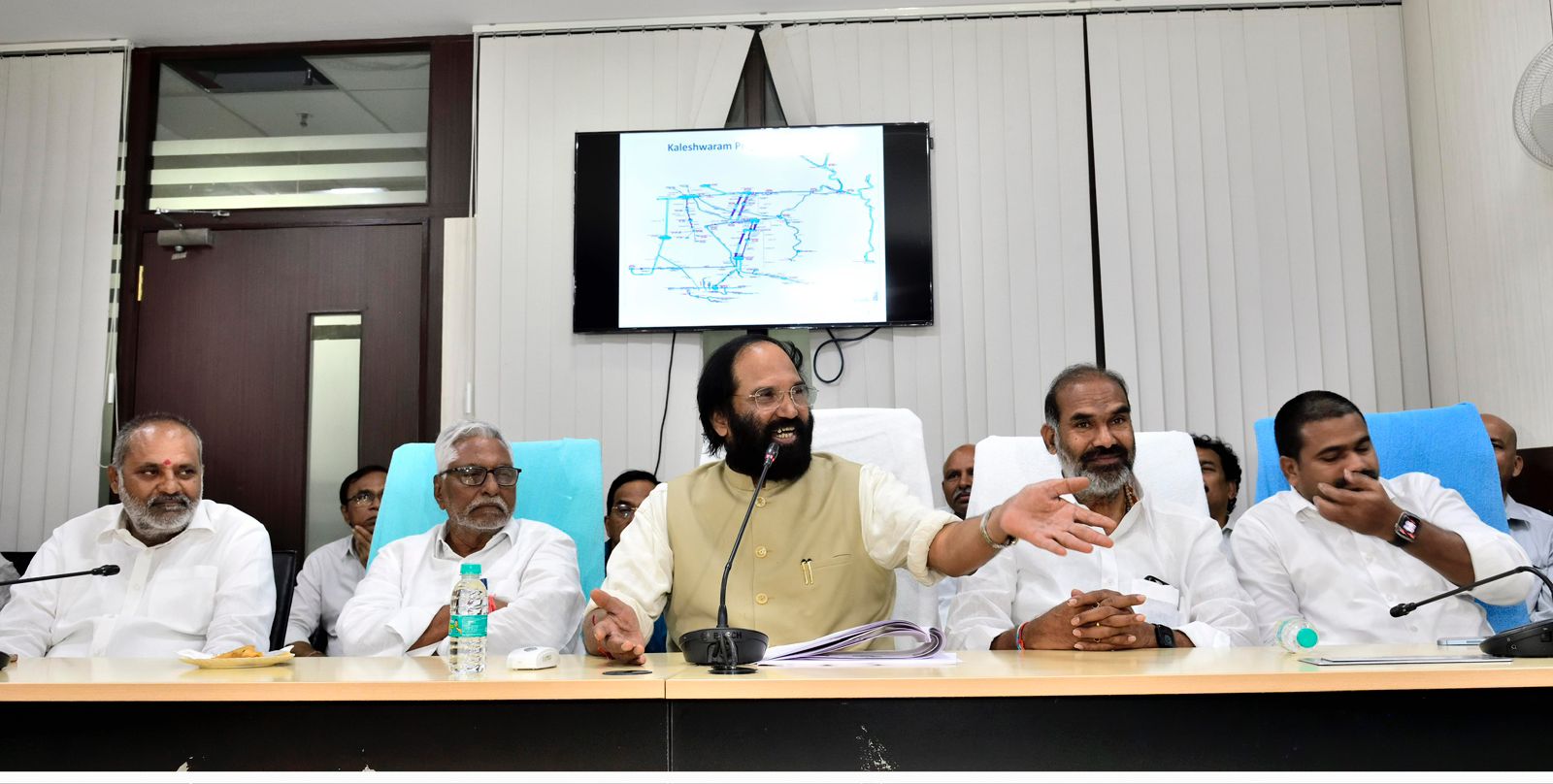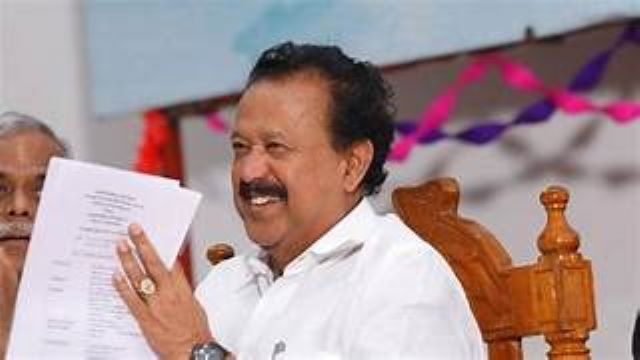Chinese Prez Xi will not forget June 16 any time soon: Gen Naravane

New Delhi: China followed “wolf-warrior diplomacy” and “salami-slicing” tactics with impunity browbeating smaller neighbours and it took the Indian Army to show to the world that “enough is enough” and challenge the “neighbourhood bully”, says Gen Manoj Mukund Naravane, the 28th Chief of Army Staff, recounting the Indian response to the Chinese aggression in eastern Ladakh in 2020.
In his memoir ‘Four Stars of Destiny’, Naravane, providing a rare insight into the deadly Galwan Valley clashes, says Chinese President Xi Jinping will not forget June 16 any time soon as China’s People’s Liberation Army suffered “fatal casualties” for the first time in over two decades in the fighting.
Naravane, one of the foremost Arrmy Generals, provided a gripping account of the India-China confrontation before and after the deadly Galwan Valley incident, India’s overall response to the Chinese action, and how it catalyzed to firm up the Army’s combat readiness along the Line of Actual Control (LAC).
His tenure as the Army Chief from December 31, 2019 to April 30, 2022 was primarily marked by the Chinese challenges along the contested border as well as the rolling out of long-term reform measures to enhance the combat capabilities of the force.
“June 16 is (Chinese President) Xi Jinping’s birthday. This is not a day he will forget any time soon. For the first time in over two decades, the Chinese and the PLA had suffered fatal casualties,” Naravane writes.
“They had been following wolf-warrior diplomacy and salami-slicing tactics everywhere with impunity, browbeating smaller neighbours like Nepal and Bhutan, while staking their ever-increasing claims in the South China Sea, without having to pay any costs, especially in terms of human lives.”
“It took India and the Indian Army to show to the world that enough is enough and to challenge the neighbourhood bully.”
‘Four Stars of Destiny’ published by Penguin Random House India will hit the stands next month.
Delving into the overall situation along the frontier, Naravane, at the same time, suggests having a “non-aggression” pact between the two countries pending the settlement of the overall boundary dispute, saying it would go a long way in restoring confidence and pave the way for de-escalation and de-induction of forces.




